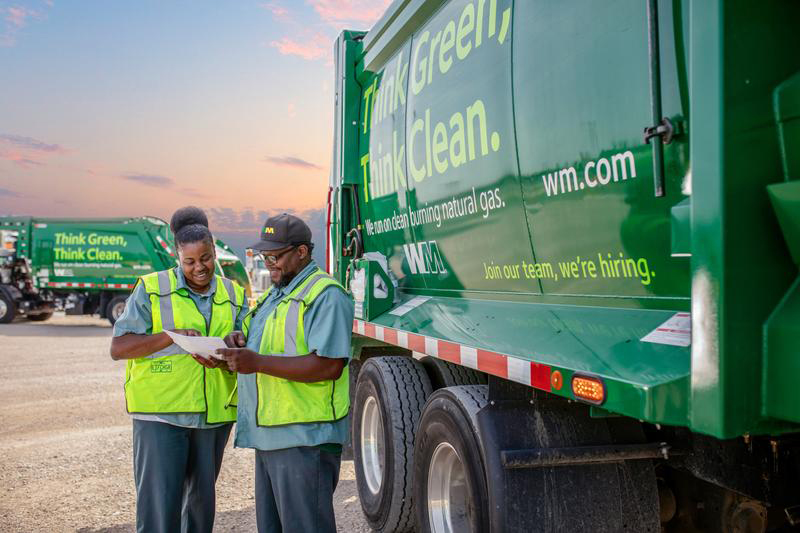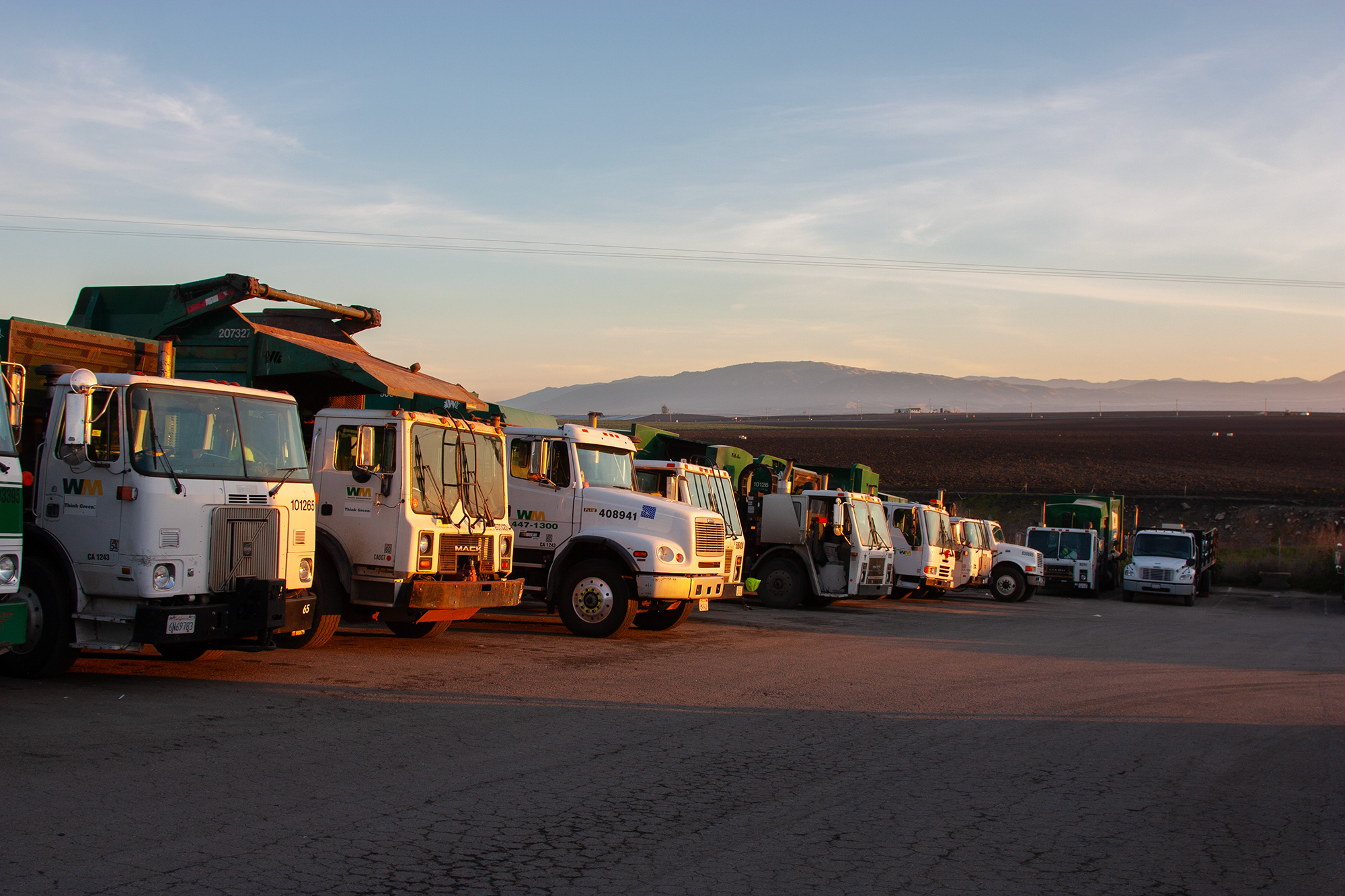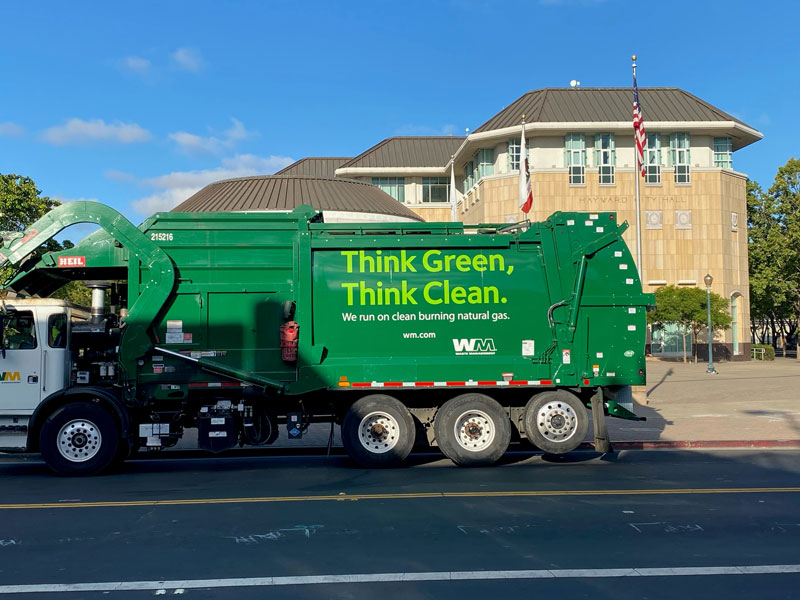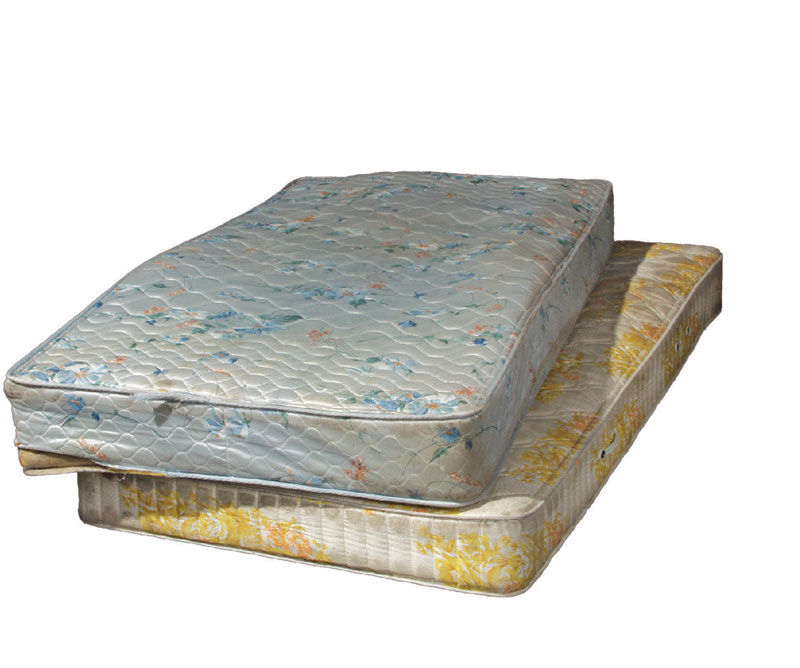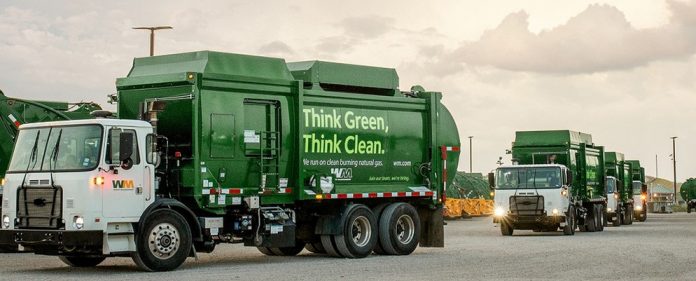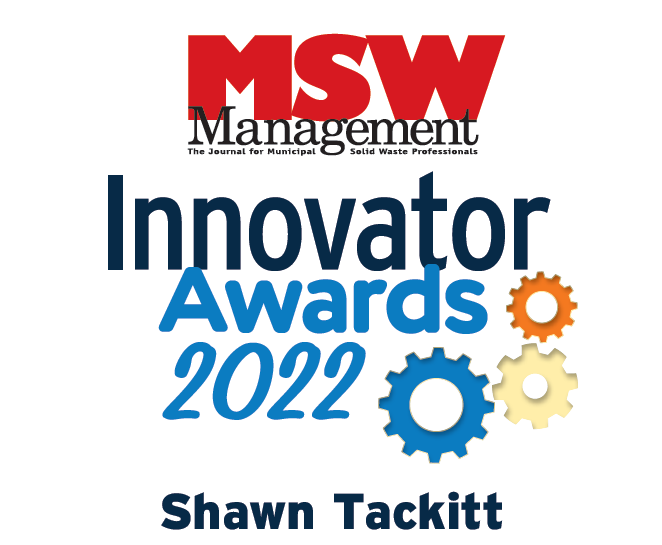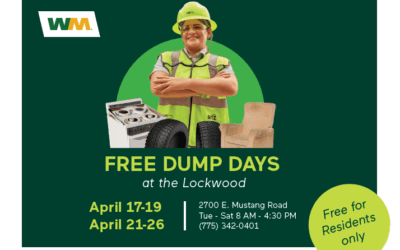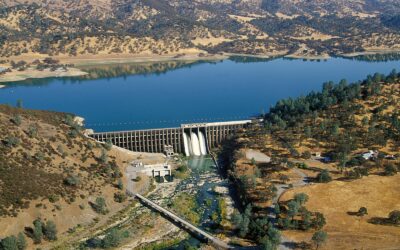If you are a shopper of any kind, chances are you probably stash plastic bags under the sink or keep them nicely folded around the house for future use. But as convenient as they are, lightweight, single-use plastic bags represent a concern to the environment and are difficult to recycle, which motivated California’s statewide ban on single-use plastic bags in 2015.
According to the nonprofit organization Californians Against Waste, “local bans have directly eliminated over 5 billion plastic shopping bags per year in the United States.” Despite this, in King City, California, plastic bags remain a major source of recycling contamination because many people inadvertently place them in their recycling bins, often by bagging their recyclables. Doing so interferes with the recycling process and prevents recyclable materials from being manufactured into new goods.
Unpacking the Plastic Bag Issue
In King City, as in many parts of California, plastic bags are not accepted in curbside recycling. In fact, using plastic bags to contain recyclable materials (aluminum, paper, cardboard, glass, and plastic bottles) is the leading cause of recycling contamination, along with plastic films (packaging around beverage cases) and polystyrene foam (to-go food containers and beverage cups).
When WM collects and delivers recyclables to ReGen’s Material Recovery Facility (MRF)—the local and publicly owned infrastructure for recycling and reuse—these materials undergo a thorough sorting process. The goal is to ensure that every item is sorted and directed into the correct recycling stream to increase the quality of sorted recycled materials so that they can be turned into new products and packaging.
In the ideal scenario, recyclable items are fed to an intricate system of smart conveyor belts, where advanced technology such as optical sensors, magnets, crushers, shredders, and air jets rapidly sorts tons of material per hour. When the right materials are placed in recycling bins, they quickly make their way through the recycling facility and are then baled and shipped to manufacturers, where they can be used as feedstock to create new products and packaging.
Frequently, however, when items such as plastic bags end up in the recycling, it causes what the industry calls “contamination.” That usually happens when customers inadvertently mix recyclable materials with items considered municipal solid waste (or trash).
Currently, plastic bags pose the biggest challenge to recycling efforts. Due to their flimsy nature, they often become entangled in the sorting machinery. When this happens, the sorting process must be stopped so workers can climb the machinery to cut off the plastic bags and free them from the sorting screens. This avoidable problem puts workers at unnecessary risk and disrupts the recycling process, leading to increased costs and reduced efficiency. Additionally, plastic bags can accidentally make their way into bales of sorted recyclable materials, thus reducing the value of those bales to companies that use the materials to make new products and packaging. Unfortunately, most of the time, bagged recyclable materials never make their way out of the plastic bag. To keep the plastic bags from jamming the recycling equipment, they are tossed with municipal solid waste and sent to landfills.
How to Recycle Right®
As one of the most populous and innovative states in the United States, California is on a mission to create a more sustainable future. Among its primary goals is the reduction of recyclable and organic materials sent to landfills, a crucial step in preserving natural resources and promoting a circular economy, where recyclable materials can be captured for future potential reuse.
To accomplish this goal, municipalities are counting on residents and businesses to sort recyclable materials properly. Three simple rules can make recycling more efficient:
-
Never put recyclables in plastic bags.
-
Always place items loose in your recycling cart. Keep food and liquids out of the recycling container.
-
In King City, only clean and dry plastic containers (#1, 2, & 5), glass containers, aluminum cans, paper, and cardboard are accepted in the curbside recycling container.
-
If you’re not sure whether an item is recyclable, use the “What Goes Where?” tool to find the best way to discard everyday items.
How to Manage Plastic Bags
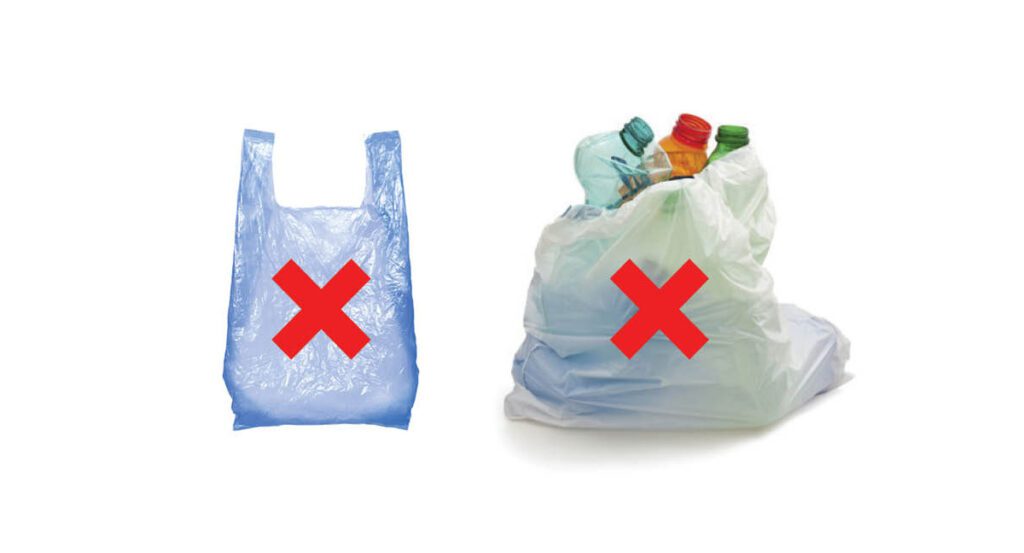
Most curbside recycling programs in California do not allow plastic bags. If you choose to use plastic bags, make sure to reuse them, bring them to drop-off centers, such as retail stores with plastic bag return programs, or dispose of them in the trash cart when they’re no longer needed.
Discover Helpful Resources
Recycling education is the most effective way to communicate the importance of properly sorting recyclables. WM provides King City’s business owners with valuable resources to educate their employees, tenants, and customers. To request an assessment or obtain further information, please contact WM at (800) 321-8226.

